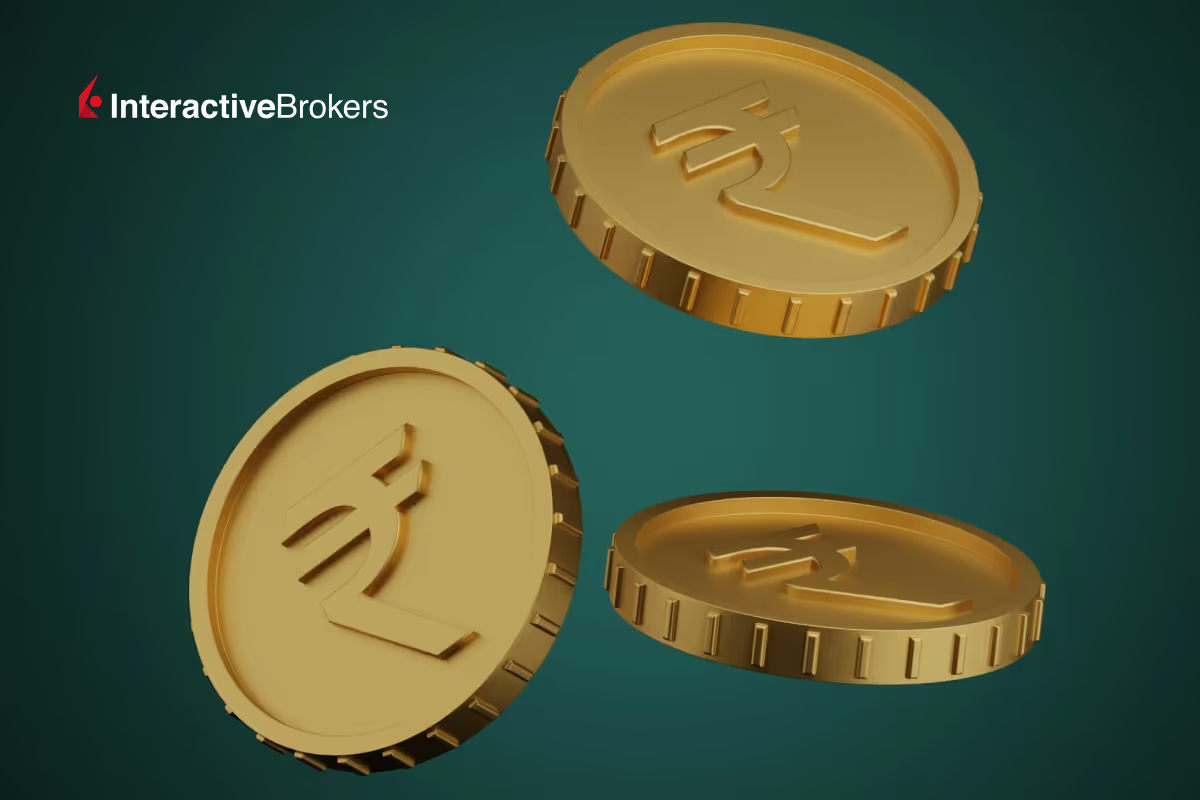Regulatory authorities and investor protection schemes in the UAE
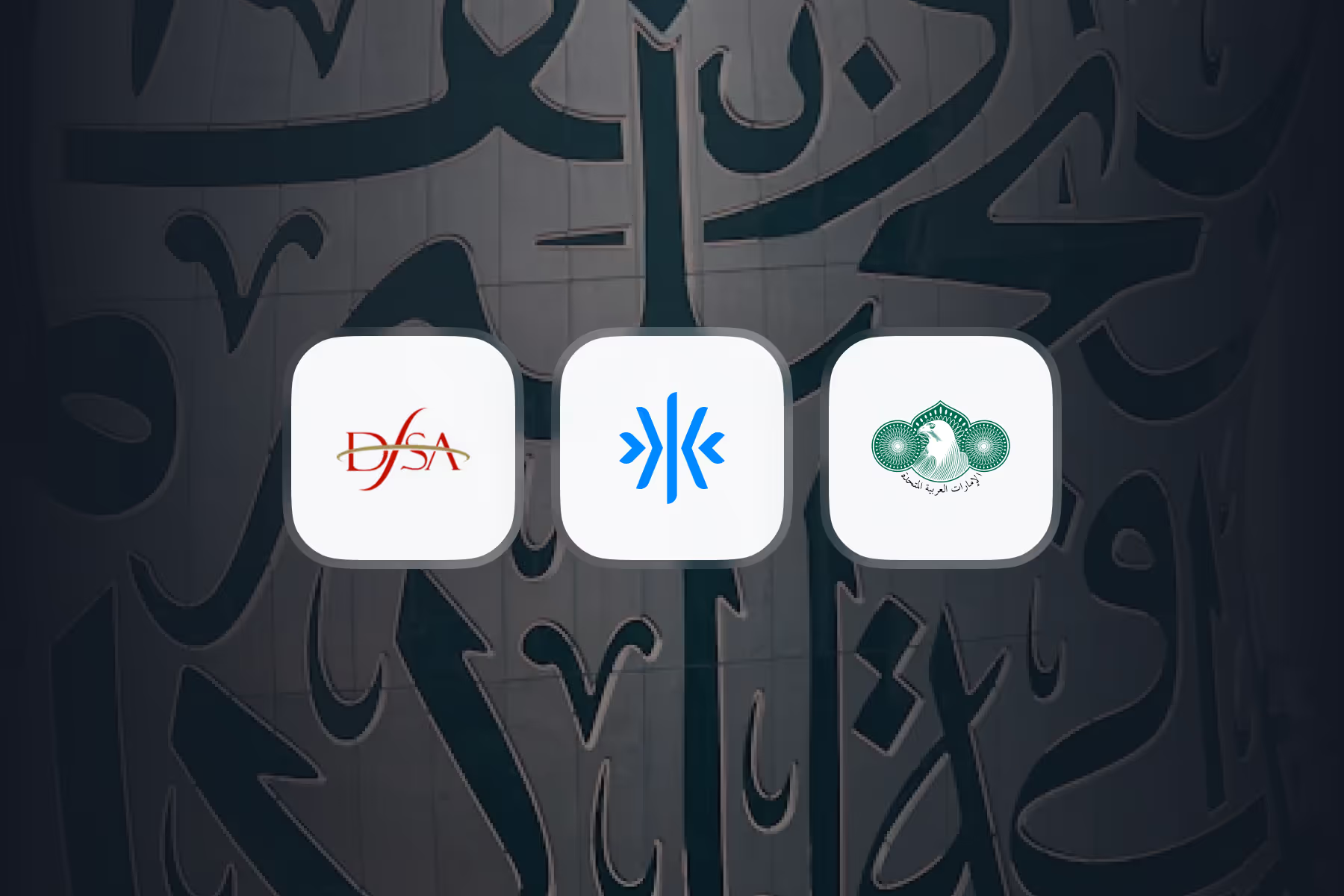

Safe beats cheap every day.
BrokerMatch
In this article, we present the main financial regulatory authorities in the United Arab Emirates (UAE) and explain their responsibilities in the financial markets.
We describe how each institution works to protect investors, ensure stability, and promote market integrity. We also highlight how these regulators safeguard consumers through measures like deposit insurance and strict oversight of financial firms.
Let's get started!
Who are the main financial regulators in the UAE?
Financial services in the United Arab Emirates are supervised by several authorities, each with its own jurisdiction.
There is a federal regulator - the Securities and Commodities Authority (SCA) - which oversees securities and commodities markets outside the special free‑zone jurisdictions.
In addition, the Dubai International Financial Centre (DIFC) and the Abu Dhabi Global Market (ADGM) operate as financial free zones with their own regulators: the Dubai Financial Services Authority (DFSA) and the Financial Services Regulatory Authority (FSRA).
Despite these jurisdictional differences, the regulators collaborate on matters of common interest.
Finally, the Central Bank of the UAE is the state institution responsible for managing the currency, monetary policy, banking and insurance regulation in the United Arab Emirates.
Note: In addition to the above, Dubai has a newer regulator called the Virtual Assets Regulatory Authority (VARA), which oversees virtual asset (cryptocurrency) services in mainland Dubai. It was established in 2022 to regulate crypto exchanges and related services outside the DIFC.
1. Central Bank of the UAE (CBUAE)
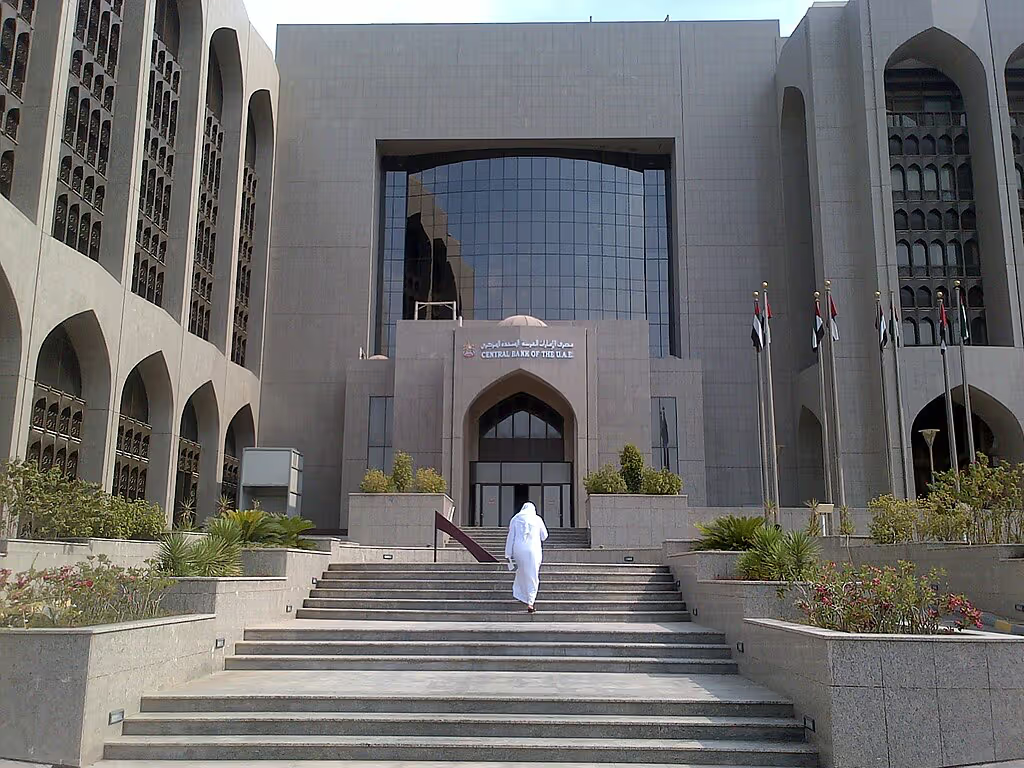
The Central Bank of the UAE, established in 1980, is the country’s primary financial regulator. It directs monetary policy, oversees the banking and insurance sectors, and works to maintain financial stability and confidence in the UAE’s economy.
A core part of its mandate is protecting depositors and consumers through prudent supervision and regulation of licensed financial institutions.
Retail protection: a statutory Deposit Guarantee Scheme (DGS) of up to AED 100 000 per depositor per bank (law of 2018, now being phased‑in).
2. Securities and Commodities Authority (SCA)
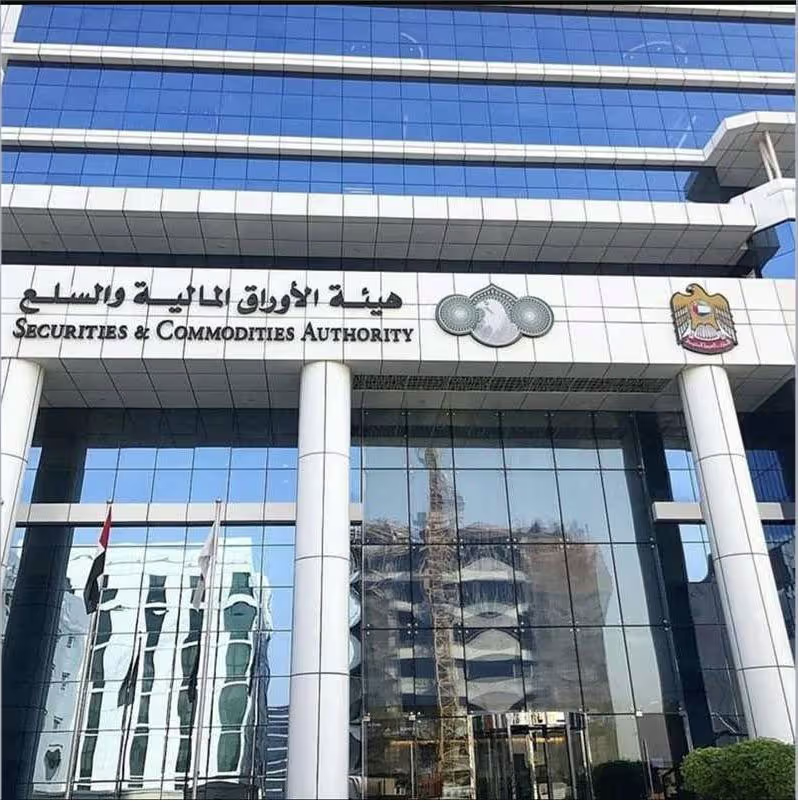
The Securities and Commodities Authority is the federal regulator for securities and commodities markets in the UAE outside the DIFC and ADGM free zones. It licenses and supervises brokerage firms, investment companies and other financial intermediaries.
The SCA’s rules derive from federal laws and aim to foster financial stability, ensure market integrity and protect investors. An open data portal allows the public to view all licensed firms, their board members, financial statements and permitted activities.
Recent initiatives include regulating “finfluencers” (financial influencers) and launching a registration framework to ensure content is fair and transparent.
Relevant tools for investors:
Tip: Before investing in UAE‑based securities or commodities, check the SCA’s open data portal to confirm that the firm is licensed and to view its financial statements and permitted activities.
3. Dubai Financial Services Authority (DFSA)

The Dubai Financial Services Authority is the independent regulator for financial services conducted in or from the Dubai International Financial Centre (DIFC), a free‑zone financial hub in Dubai.
The DFSA’s remit includes asset management, banking and credit services, securities and collective investment funds, custody and trust services, commodities futures trading, Islamic finance, insurance, crowdfunding platforms and money services. It also supervises an international equities exchange and a commodities derivatives exchange and administers anti‑money‑laundering and counter‑terrorist‑financing requirements. In practice, the DFSA authorises firms, supervises their ongoing compliance and takes enforcement action when necessary.
Relevant tools for investors:
Tip: Before opening an account with any DIFC‑based broker, search the DFSA’s public register to verify that the firm and its activities are authorised. The register also lists any restrictions or conditions attached to licences. Example: Interactive Brokers, a global online broker, is registered on the DFSA:
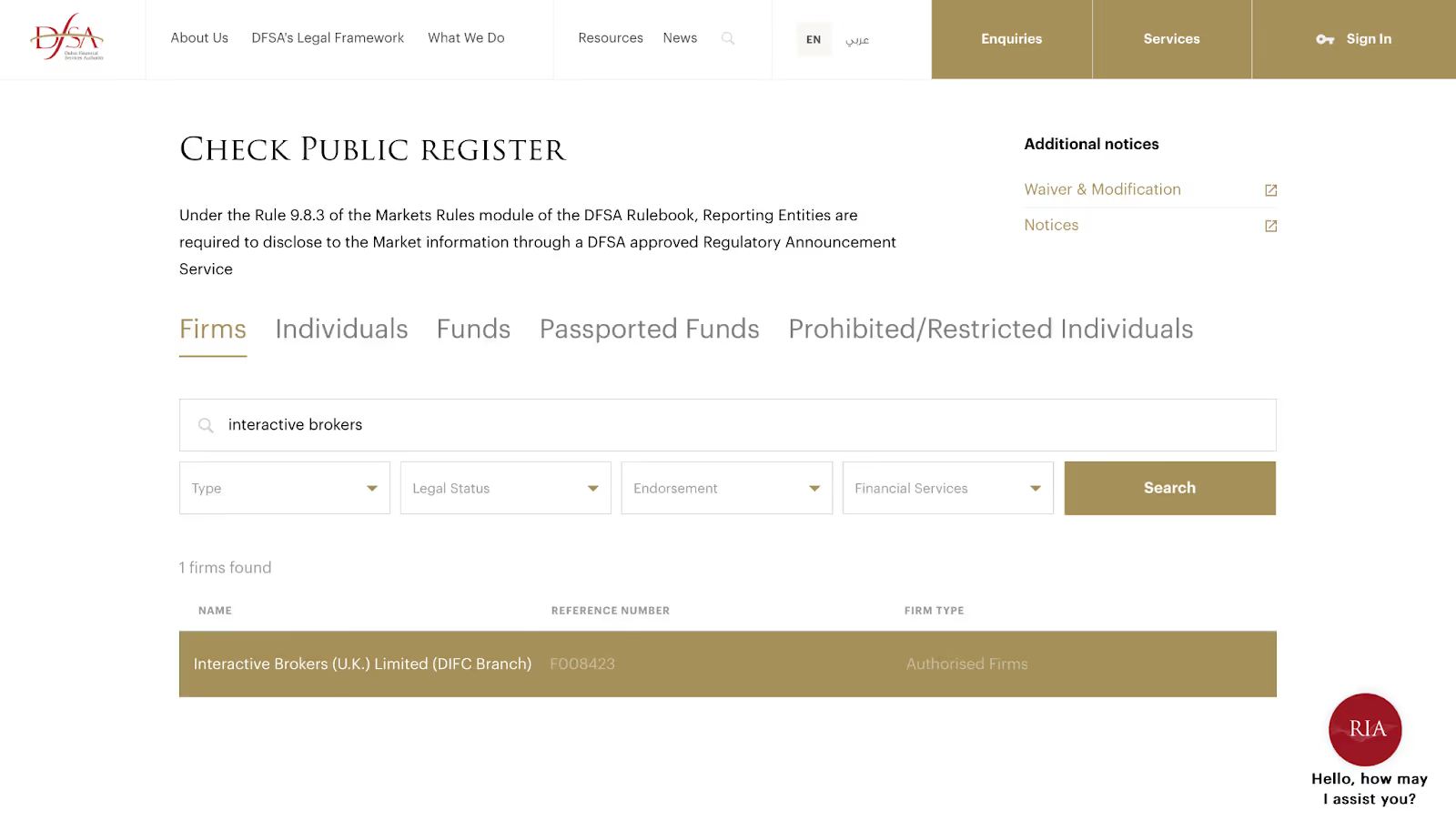
4. Financial Services Regulatory Authority (FSRA)
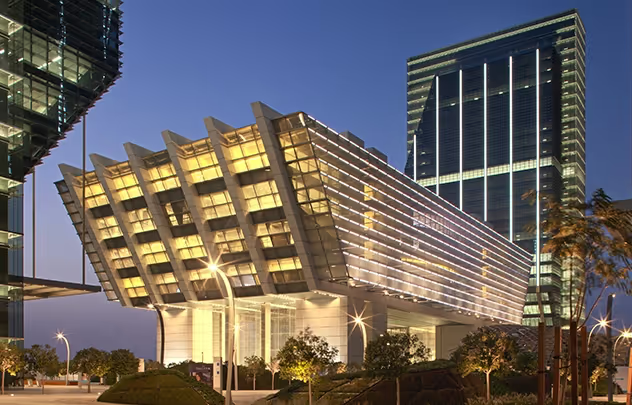
The Financial Services Regulatory Authority is the independent regulator for financial services conducted in or from the Abu Dhabi Global Market (ADGM).
The FSRA aims to create a fair, efficient and transparent marketplace and to safeguard the interests of customers, clients and investors.
Relevant tools for investors:
Tip: Use the FSRA’s public register to confirm whether a firm is authorised in ADGM and to view any endorsements or restrictions on its licence. Example: eToro, a global online broker, is registered on the FSRA as a financial services firm:
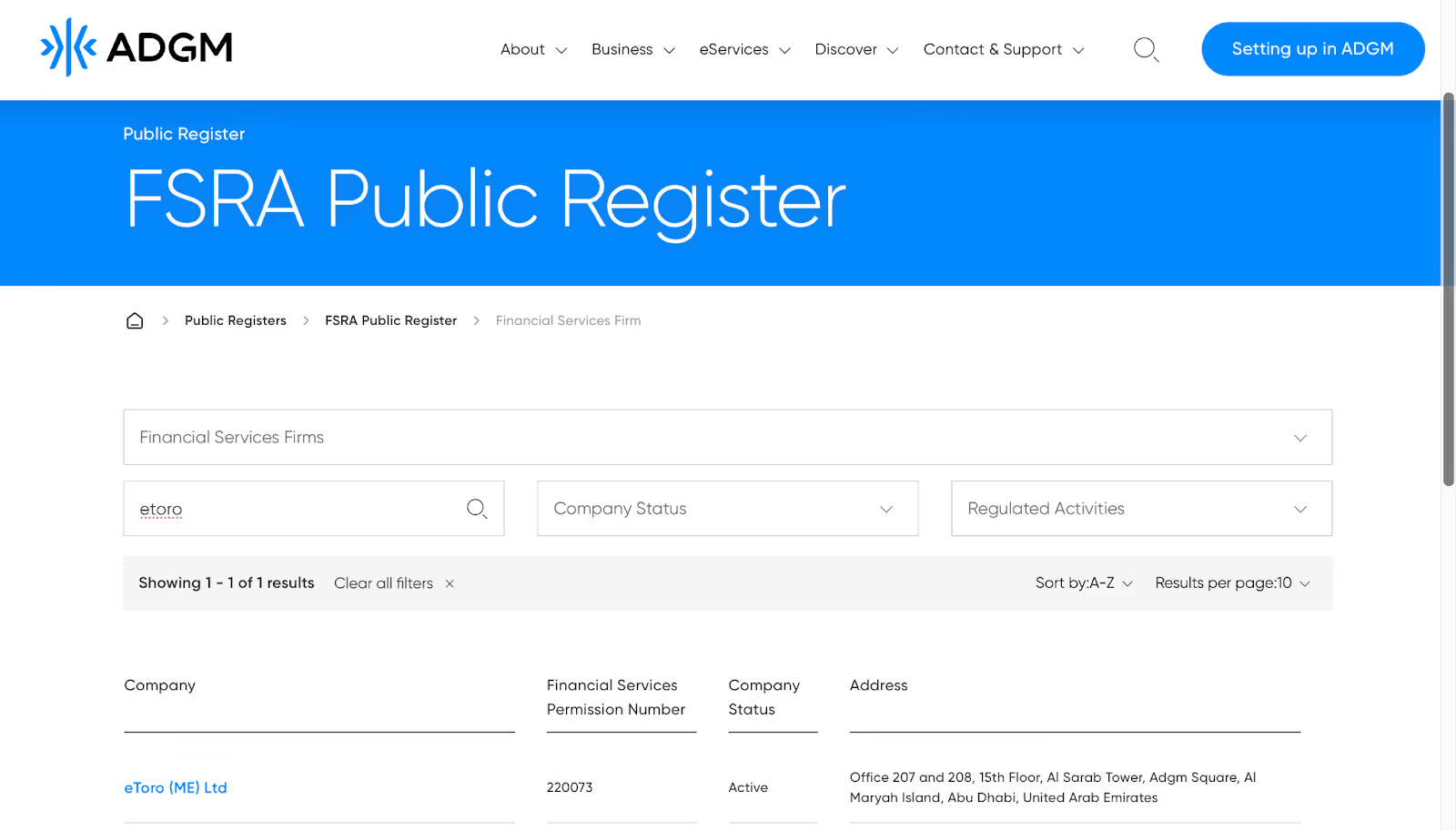
Protection schemes in the UAE
1. Central Bank and the Deposit Guarantee Scheme (DGS)
The UAE’s Central Bank has been tasked (by a 2018 law) with developing a national deposit guarantee scheme to protect bank depositors.
This framework ensures that if a bank fails, individual depositors will be compensated up to a certain limit.
Under the UAE’s DGS, eligible deposits are protected up to AED 100,000 per depositor per bank.
In practice, this means if your bank were to collapse, you would recover up to AED 100k of your deposits through the scheme. Amounts above that would depend on the bank’s asset recovery in liquidation.
This move aligns the UAE with global best practices on deposit insurance, as most major jurisdictions guarantee bank deposits (e.g. up to $250,000 in the US, €100,000 in the EU).
During the 2008 financial crisis, the UAE government guaranteed all deposits in UAE banks to shore up confidence in the banking system. The current scheme institutionalizes such protection, giving depositors more certainty and helping prevent bank-run panic in times of stress.
2. Segregation of clients assets
UAE regulators impose rules to ensure that investors’ funds and assets are safeguarded.
For example, the DFSA requires firms to keep client money and investments in segregated accounts.
These measures mean that even if a broker or firm faces trouble, customers’ assets should be separated and shielded from that firm’s creditors.
3. Investment compensation fund
As of this writing, the UAE does not have any EU-style investor compensation fund.
One common question is how the UAE compares to other countries in terms of investor compensation schemes.
In many Western jurisdictions, there are investor compensation funds that cover clients if a brokerage firm goes bankrupt and cannot return customer assets. For example, the US has SIPC insurance (covering up to $500,000 in securities per client) and the UK has the FSCS (covering up to £85,000). The EU mandates a minimum €20,000 coverage for investment firms.
The UAE, however, does not yet have an equivalent investor compensation fund for brokers. In other words, if a UAE-regulated broker failed and there was a shortfall in client assets, there isn’t a government- or industry-backed fund that automatically pays out to the clients.
If you use an international broker that is regulated abroad, you might benefit from that country’s protection scheme (e.g., a UAE client using a UK entity of a broker could be covered by FSCS). But for UAE-based entities, you rely on the robustness of the regulatory regime rather than an insurance payout.
How to stay safe as an investor
- Verify licences: Always verify that a broker or investment firm is authorised by the relevant regulator. Use the DFSA, FSRA or SCA public registers to confirm the firm’s licence and permitted activities.
- Check disclosures and fees: Regulated firms must provide clear information about products, risks and costs. Avoid providers that make unrealistic promises or lack transparent disclosures.
- Be cautious of unlicensed promotions: Social‑media “finfluencers” and unsolicited investment offers may not be regulated. The SCA’s new finfluencer registration framework aims to weed out unregulated promoters.
- Use investor‑education resources: Each regulator publishes guides, alerts and educational materials. For example, the DFSA offers investment guides and scam‑avoidance tips.
- Report suspicious activity: If you suspect misconduct, you can file complaints with the relevant regulator. These agencies have enforcement powers to investigate and take action.
Conclusion
The UAE’s financial regulatory landscape may appear complex, but it is designed to ensure that every firm is properly supervised and that investors are protected.
While the UAE does not offer an EU‑style investor‑compensation fund, it does plan to inforce deposit insurance for bank accounts and strict client‑asset segregation, disclosure and licensing rules.
Still unsure? Drop us a question and we’ll help you verify any UAE trading platform.
Hope we helped and feel free to let us know if you have any feedback or questions!
FAQs
Why do brokers like eToro, XTB, IBKR, don’t appear on the SCA public register?
Because they operate via free‑zone licences (DFSA or FSRA) or via offshore entities; only mainland‑licensed firms show up in the SCA register.
For example, Interactive Brokers (IB) opened a branch in the DIFC, so it is regulated by the DFSA (not by the SCA). Indeed, Interactive Brokers (U.K.) Ltd (DIFC Branch) is licensed by the DFSA to carry out arranging deals and custody in the DIFC. Therefore, IB’s UAE presence won’t show up on the SCA’s list; instead, one would find it on the DFSA’s public register of firms.
For retail investors, the key is to check the broker’s licence (DFSA, FSRA or SCA) and understand which protections apply (asset segregation, minimum capital, etc.), rather than focusing on where the office is physically located.
If a UAE broker fails, do I lose my assets?
Your cash and securities should be held in segregated client accounts (ring‑fenced at custodians).
- If segregation was honoured, administrators return them to clients.
- If fraud or shortfall occurs, there is no statutory compensation fund; recovery depends on court action, insurance carried by the broker, or any discretionary scheme the regulator imposes case‑by‑case.
- Using a well‑capitalised, strongly‑regulated broker (DFSA / FSRA licence, or an additional Tier‑1 licence such as FCA/ASIC) materially reduces that risk.




